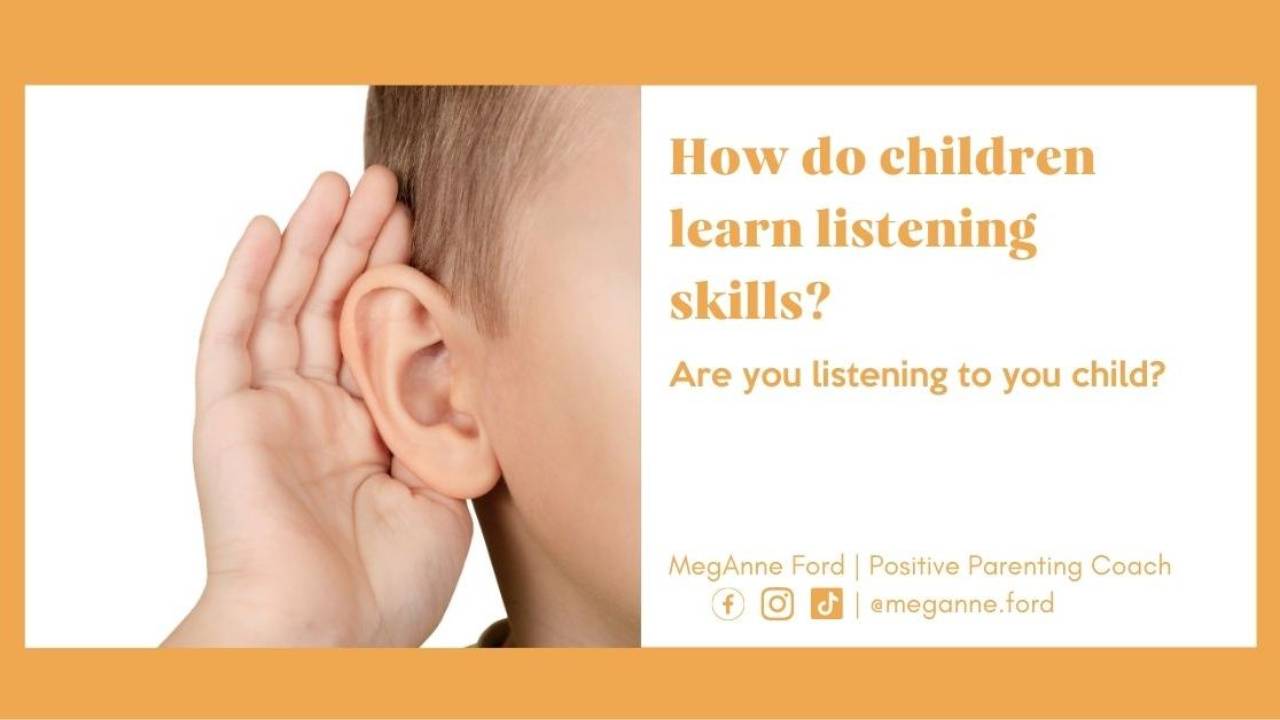
Tantrums, how to deal with them
Jun 16, 2024
Toddler tantrums are exhausting! They are bound to happen. Think about when you want to yell or scream. What is happening? Could it be because you didn't get the result you wanted or expected? To put a little humor in it, I call this an adult tantrum.
Well, children don't know what socially expected ways to express their disappointment. So adults might say, "Fine, I will do it your way," or "Ugh, I have to wait to get what I want!" children do not fear their emotions.
Toddler Tantrums
"BUT I WANT IT!!!!"
The child said with snot, tears, and other kid muck running down their face.
You quiver and shudder at the idea of facing another tantrum. It feels like the ninety-seventh tantrum of the day.
The number one thing I hear from parents who come to work with me is, "How can I make the tantrums STOP!"
They seem to be facing the epic crying tantrum anytime they even think about setting limits. Leaving them feeling like prisoners in their own homes. (you know, the eggshells you're walking on)
The constant crying is morning, noon, and night- seemingly striking whenever they don't get their way.
If this sounds like you, I get it. And you are not alone.
Tantrums are one of the most common parenting struggles in my parenting programs. So today, I wanted to unpack three simple DOs and DON'Ts about tantrums and hopefully set you up for some success in the future!
Toddler tantrum - Don't
#1: Don't disregard your child's feelings.
Tantrums happen when a child doesn't get their way. They feel robbed of what they want most in the world and want YOU to know it. Tantrums often start inconsistently. They happen without a real reason. But then what I've noticed happening is that they will become more and more frequent until they get to the point where you're thinking about selling your kids, maybe even joking about it on Facebook.
But your child's tantrum is born out of deep feelings like anger, frustration, disappointment, and embarrassment.
If we, the caregiver, are not used to processing our anger in a healthy way, we can easily get sucked up in our child's anger and go into MEGA INVALIDATION MODE. Saying things like:
"You don't always get what you want!"
"Stop it!"
"Stop crying"
"Calm down!"
"Life's not fair."
The problem with this tactic is that there is no place for the child's emotions a place to go other than to be stuffed down inside. And that's not the place you want them to go.
Toddler tantrum - Do
#1: Validate your child's feelings!
Validating feelings is a BIG game changer in the world of tantrums. Validation is important in helping your child learn how to MOVE through those mega tantrums and process those hard feelings. The benefit to us is that we don't have to become engulfed in our child's big emotions, we don't have to fix the problem, and we certainly do not give in and give them the thing they are having a tantrum about.
Validation is just saying,
"I see you! You are feeling this way. I've felt that way before, and it's no fun."
We do not have to agree.
When we genuinely validate our children's feelings, it's like magic.
"You are angry because I said no to using peanut butter as hair cream. You really, really wanted to do that, and I said no. It's really hard to hear 'no.' I get it."
That is an example of validation without agreeing about the trigger into anger!
Toddler tantrum - Don't
#2: Don't give in to the tantrum.
As I said, tantrums typically pop up after you've set a limit and your child wants to "convince" you to change it. Most parents/teachers/caregivers make a mistake after the tantrum starts. They give in to get the painful crying to stop. That sets you up for more and LONGER tantrums in the future.
Children are so smart! They are learning how to survive in this world and are constantly after 2 basic human needs: ATTENTION and POWER! Unfortunately, tantrums negatively fill both of those needs, which means a negative outcome.
When a tantrum spikes, I strongly encourage you to validate those feelings and hold firm in not giving in. At first, this might be super stressful and hard. However, when you hold firm during a tantrum, set a solid limit.
Toddler tantrum - Do
#2: Make a simple request if you MUST give in.
Perhaps you're breaking a nasty tantrum cycle. Let's set the scene:
You have a migraine, a sleeping baby, and your toddler is asking to watch just one more episode. So you've set your limit as no more screen time.
This spikes them into epic tantrum mode, saying,
"I hate you. You're the worst ever."
You're feeling so frazzled, ready just to let their brain rot with screen time.
Before you do that- I advise you to make a simple request.
"I know I said no to more screen time, but if you can put three toys away we can watch one more episode."
Now you can sit back and allow them to pick up the three toys, or chances are, keep returning the limit.
"When you put away three toys, you can watch one more episode."
Doing this changes the reason for the extra screen time. It's not in response to the tantrum. It's in response to following through with your request. For example, if your child can put away three toys, they will receive what they want for complying with your request.
Simple request examples: Give me a hug, Take a deep breath, Touch your nose, Get back in your bed, Pick up three toys, etc. These are EASY things for your child to do. If they cannot comply with those, then maybe they are having a meltdown instead of a tantrum!
Toddler tantrum - Don't
#3: Don't face tantrums alone.
Tantrums are a painful part of parenting. They are also a NORMAL part of parenting. Tantrums are not a sign that you're a terrible, weak, or abusive parent. No one is watching you in the shops thinking, "God, woman, just give them the lollipop." If they are, fuck 'em. Parent for your relationship with your child, not the random stranger at shops. Tantrums are a natural part of safety, trust, and autonomy. It's a healthy aspect of parenting!
But they can become dominating, painful, and overwhelming when you're unsure how to navigate them without making them 10x worse.
Finding answers, support, and new ways to travel through tantrums can be a lifesaver and a relationship saver for you and your family.
Toddler tantrum - Do
DO #3: Ask for help!
We are social beings, and parenting is meant to be done in a community.
When parenting a child with a strong will, life can be isolating, with the immense feeling of loneliness! If you're reading this article, you're looking for help. I am a parenting coach with 20+ years of experience, and I have made it my business to help parents learn more effective tools to parent their amazing children. I encourage you to explore the website and find what is helpful to you!










